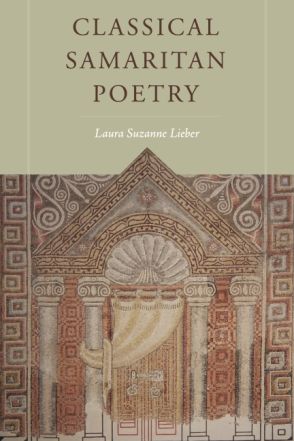This book introduces the evocative but largely unknown tradition of Samaritan religious poetry from late antiquity to a new audience. These verses provide a unique window into the Samaritan religious world during a formative period.
This book introduces the evocative but largely unknown tradition of Samaritan religious poetry from late antiquity to a new audience. These verses provide a unique window into the Samaritan religious world during a formative period.
Prepared by Laura Suzanne Lieber, this anthology presents annotated English translations of fifty-five Classical Samaritan poems. Lieber introduces each piece, placing it in context with Samaritan religious tradition, the geopolitical turmoil of Palestine in the fourth century CE, and the literary, liturgical, and performative conventions of the Eastern and Western Roman Empires, shared by Jews, Christians, and polytheists. These hymns, composed by three generations of poets-the priest Amram Dara; his son, Marqah; and Marqah's son, Ninna, the last poet to write in Samaritan Aramaic in the period prior to the Muslim conquest-for recitation during the Samaritan Sabbath and festival liturgies remain a core element of Samaritan religious ritual to the present day.
Shedding important new light on the Samaritans' history and on the complicated connections between early Judaism, Christianity, the Samaritan community, and nascent Islam, this volume makes an important contribution to the reception of the history of the Hebrew Bible. It will appeal to a wide audience of students and scholars of the Hebrew Bible, the New Testament, early Judaism and early Christianity, and other religions of late antiquity.














